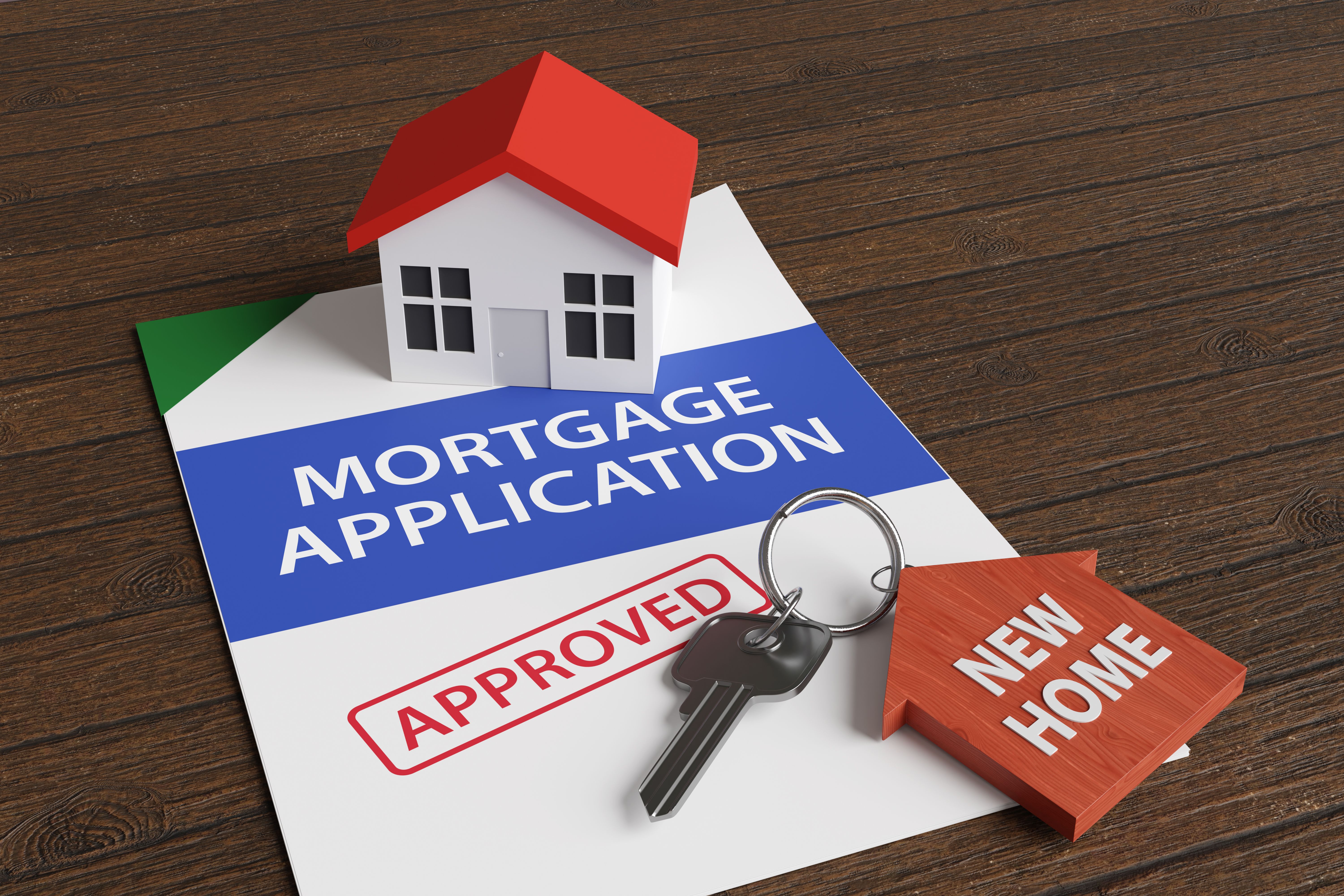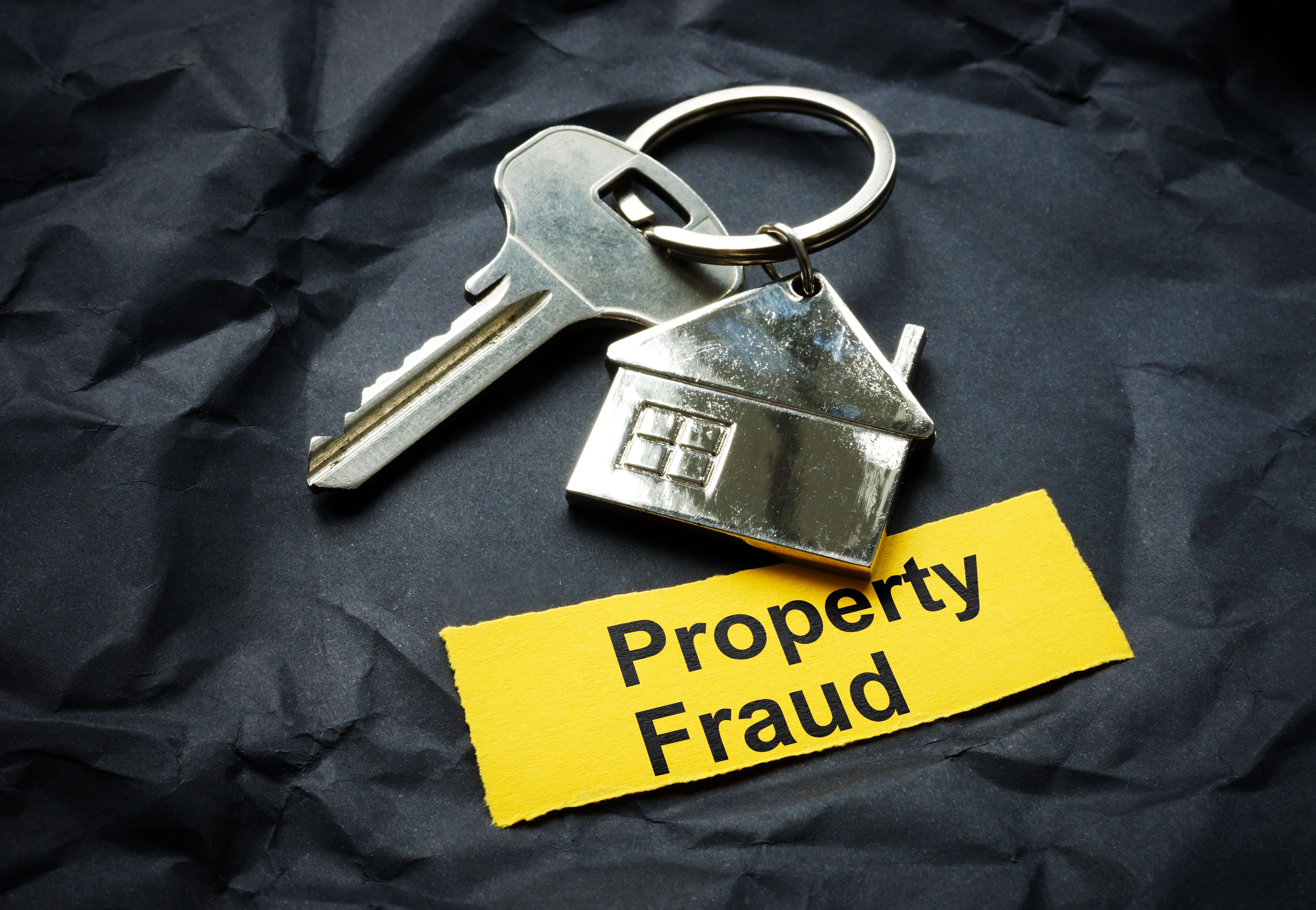Understanding Mortgage Fraud: What You Need to Know
What is Mortgage Fraud?
Mortgage fraud is a criminal act involving the misrepresentation or omission of information on mortgage documents. The primary goal of this deceit is financial gain, typically at the expense of lenders, homeowners, and the housing market. This illegal activity can take many forms, from falsifying income information to using straw buyers.
Understanding the different types of mortgage fraud is crucial for both consumers and professionals in the real estate industry. By being informed, you can better protect yourself and your investments from potential fraudulent activities.

Types of Mortgage Fraud
Fraud for Housing
This type of mortgage fraud occurs when a borrower lies about their financial situation to qualify for a loan they wouldn’t otherwise be eligible for. Common tactics include inflating income, providing false employment details, or failing to disclose other debts. While some might view this as a harmless way to secure a home, it can lead to significant financial and legal consequences.
Fraud for Profit
Fraud for profit involves more organized schemes often perpetrated by industry insiders. These individuals exploit the mortgage process to extract money from lenders or homeowners. Common schemes include property flipping with inflated appraisals, using straw buyers to secure loans, and identity theft to forge loan applications.

Signs of Mortgage Fraud
Recognizing the warning signs of mortgage fraud can help protect you from becoming a victim. Here are some red flags to watch out for:
- Pressure to sign documents without thorough review
- Requests for false information or documents
- Promises of guaranteed approval regardless of financial status
- Unusually high appraisals compared to similar properties
Protecting Yourself from Mortgage Fraud
Due Diligence
The best defense against mortgage fraud is due diligence. Always review all documents carefully and ensure all information is accurate and truthful. If something seems questionable, ask for clarification or seek a second opinion from a trusted real estate professional.
Work with Reputable Professionals
Choose to work with licensed and reputable professionals in the mortgage and real estate industries. Verify their credentials and check for any history of complaints or disciplinary actions. A trustworthy agent or broker can guide you through the process, ensuring everything is above board.

The Consequences of Mortgage Fraud
The impact of mortgage fraud extends beyond individual cases, affecting the broader economy and housing market. It can lead to inflated home prices, increased foreclosure rates, and tighter lending standards. For individuals caught committing mortgage fraud, the consequences are severe, including hefty fines, damaged credit scores, and potential imprisonment.
Educating yourself about mortgage fraud helps safeguard your financial future and contributes to a healthier real estate market. Stay informed and vigilant to protect yourself and others from becoming victims of this damaging crime.
